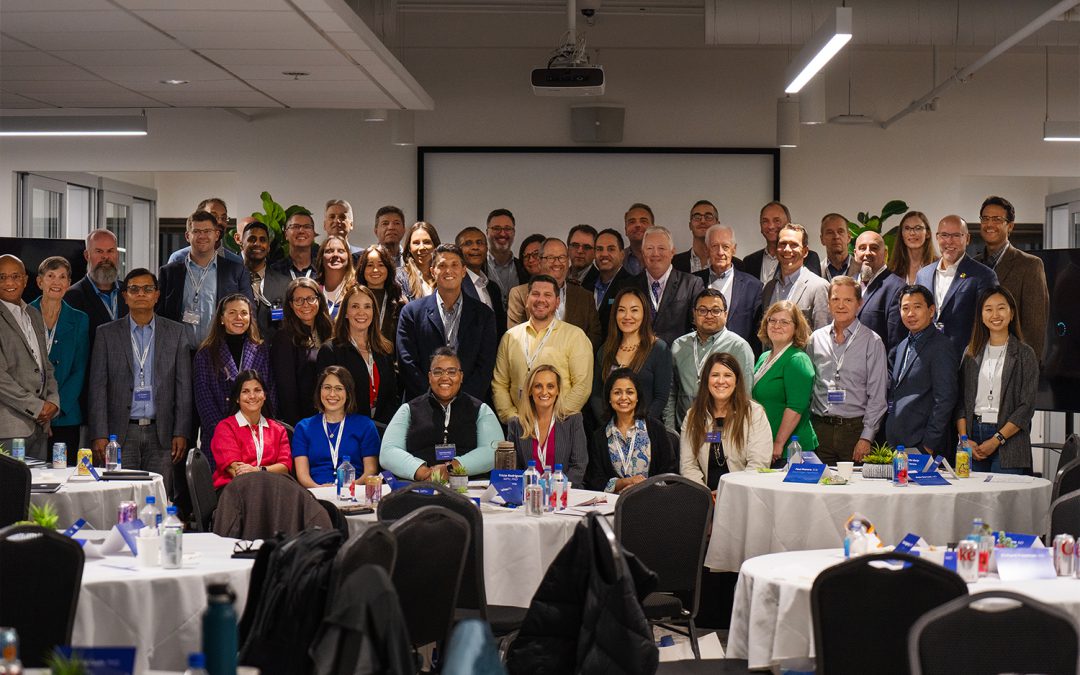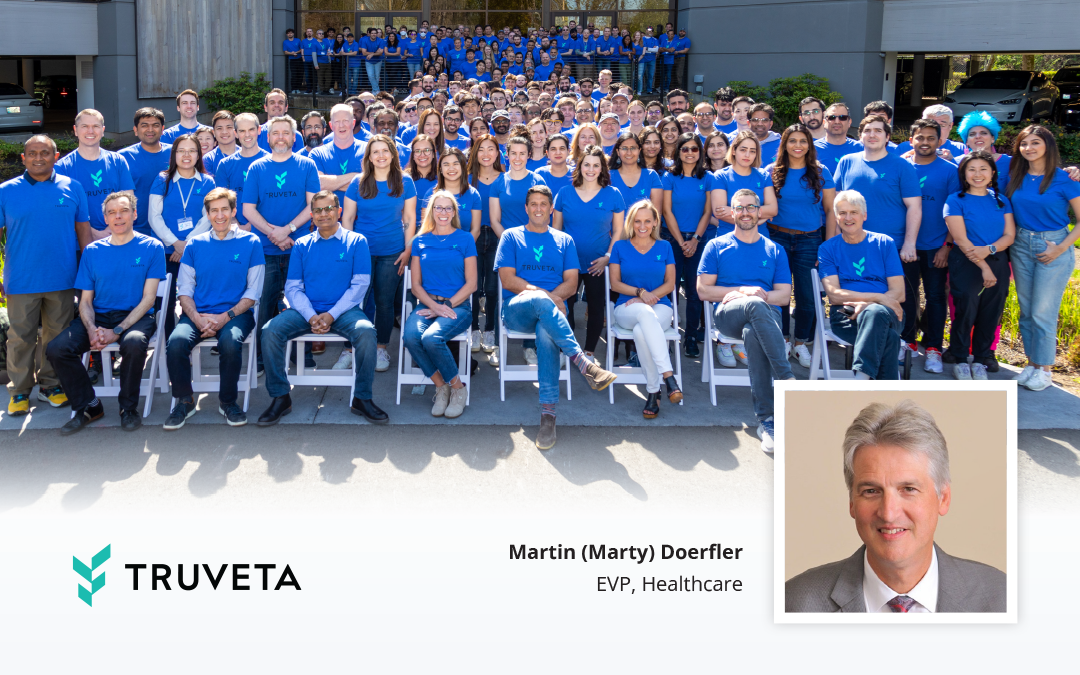Next in our Meet the Truveta MDs series, we spoke to Dr. Sarah Gilson, a Director on the Clinical Informatics team.
Tell me a little bit about your background. How did you become a doctor?
My mom is a physician, and it was really inspiring to me growing up, so becoming a doctor was always on my radar. In college, I realized I was interested in science and health, and wanted to make a positive impact on people’s lives. It felt like the natural next step for me. I’m originally from Western Michigan, I went to the University of Michigan for undergrad, and then came to Chicago and I’ve been here ever since. I did all of my medical training at the University of Chicago — medical school, internal medicine residency, and then clinical informatics training and clinical practice.
How did you find Truveta?
Throughout my training, I became aware of how much healthcare data was being generated and the potential uses of the data. After my training, I worked at a clinical decision support company, but I knew there was so much to be done with all the healthcare data out there. I wanted to have a position at a company where I could actually start to use that healthcare data for novel insights and to generate evidence upon which providers practice medicine. That’s really what attracted me to working at Truveta.
One of the other things that drew me to the field of clinical informatics in general and to Truveta in particular is because I wanted the opportunity to make a difference on a large scale. It’s really rewarding to make a difference in your patients’ lives as a practicing provider, but you can only see so many patients in a day. It’s also incredibly rewarding to facilitate research that can potentially make a difference in millions of lives. Clinical practice and what we’re doing here at Truveta are both fulfilling, in different ways.
What does Truveta’s vision — saving lives with data — mean to you?
We’re working as a company to harness a large volume and variety of healthcare data and hopefully use it to improve patients’ lives and improve medical care in the future. There can be a lot of differences and complexities to the data that makes it challenging to put it together and make sense of it, intelligently and correctly. We’re doing that thoughtfully as a company and hopefully that leads to positive changes in people’s lives and health down the road.
What have you learned from a mentor that you carry with you?
I’ve definitely had good mentors throughout my medical training, including some great mentors who directed my attention to some incredibly important cornerstones of clinical practice and healthcare in general. There were mentors during my medical training who really emphasized the importance of practicing evidence-based medicine, which is something that Truveta will hopefully contribute to soon. There is so much healthcare data being produced that we should be evaluating in order to practice medicine in a way that’s evidence-based, but we also need to make sure the data is reliable and from diverse sources, so that the evidence we’re generating and using is accurate. Evidence-based guidelines and clinical practices change over time as data continues to be produced.
Do you have a proudest work moment?
In medical training and practice, you’re constantly learning, and the amount to learn during medical school and residency can sometimes feel overwhelming. I remember the time in residency when I started to feel like what I had studied in the classroom setting and what I was learning in a more clinical setting were coming together to allow me to determine the best plan for my patients’ healthcare.
Are there ways that the pandemic has changed the way you work?
I started working from home during the pandemic, and I really enjoy it. I do miss seeing people regularly and having spontaneous conversations, but I also enjoy the positives. It’s allowed me to get some time back in my day that I used to spend commuting, and has allowed me to be at home during the day with my puppy.

Meet Murphy! This is Dr. Sarah Gilson’s puppy.
What’s a life lesson that you wish you could give to yourself at age 20?
Keep an open mind and follow your interests. I didn’t even know what clinical informatics was when I was in college; it’s such a new field that’s growing and evolving quickly. If I had said back then, I want to do “X” and then put blinders on and didn’t look at anything else, I potentially would have missed the opportunity. A decade from now, the field of medicine may look very different, and there will be opportunities that arise that you can’t even anticipate.








